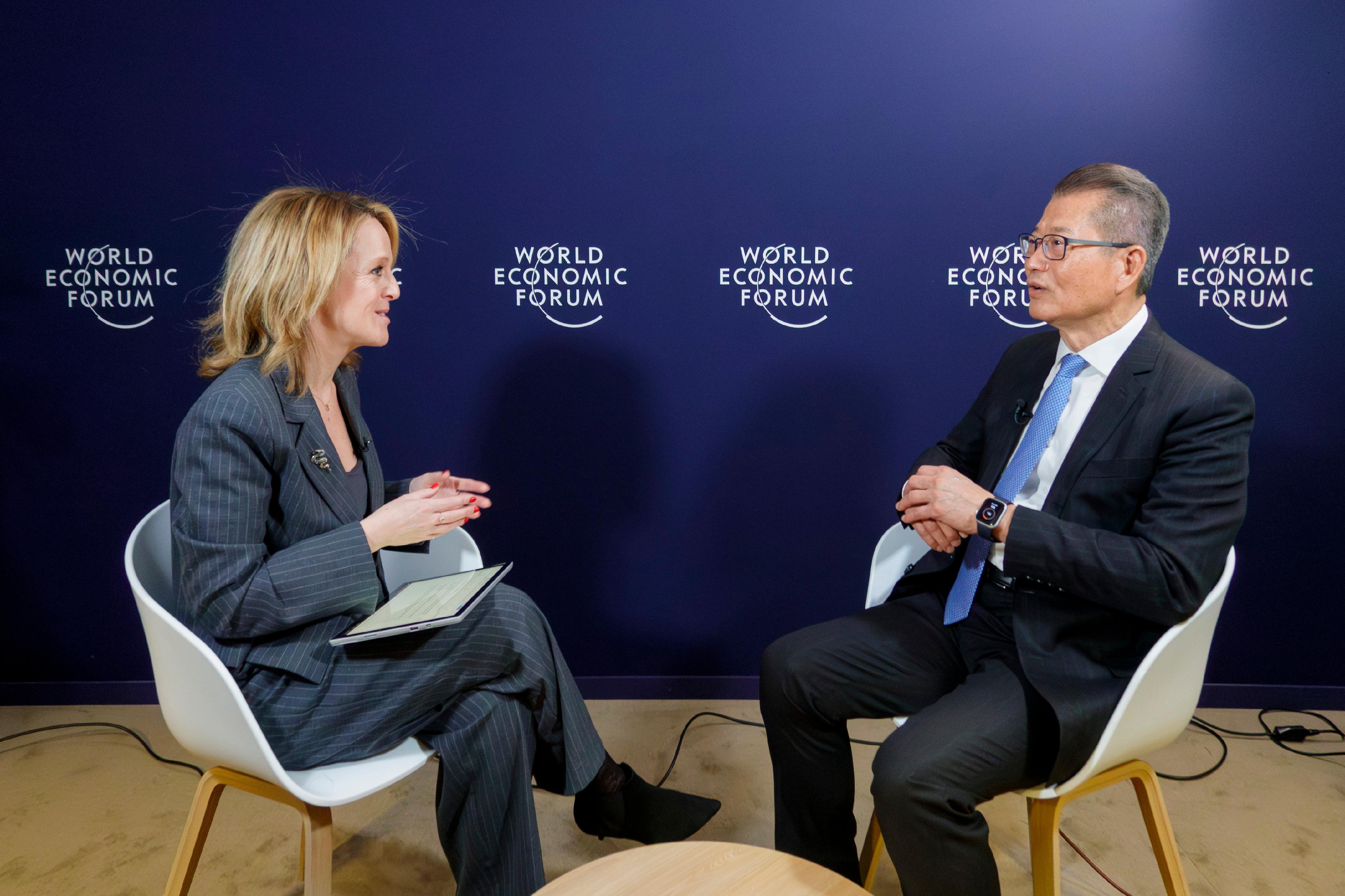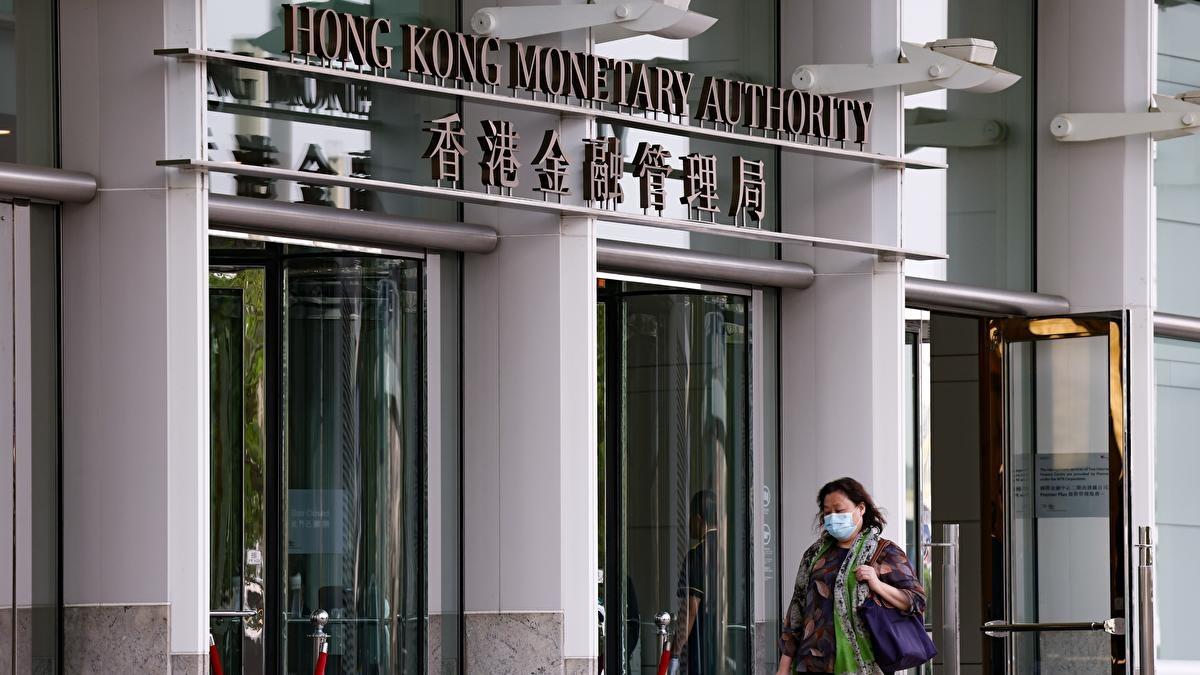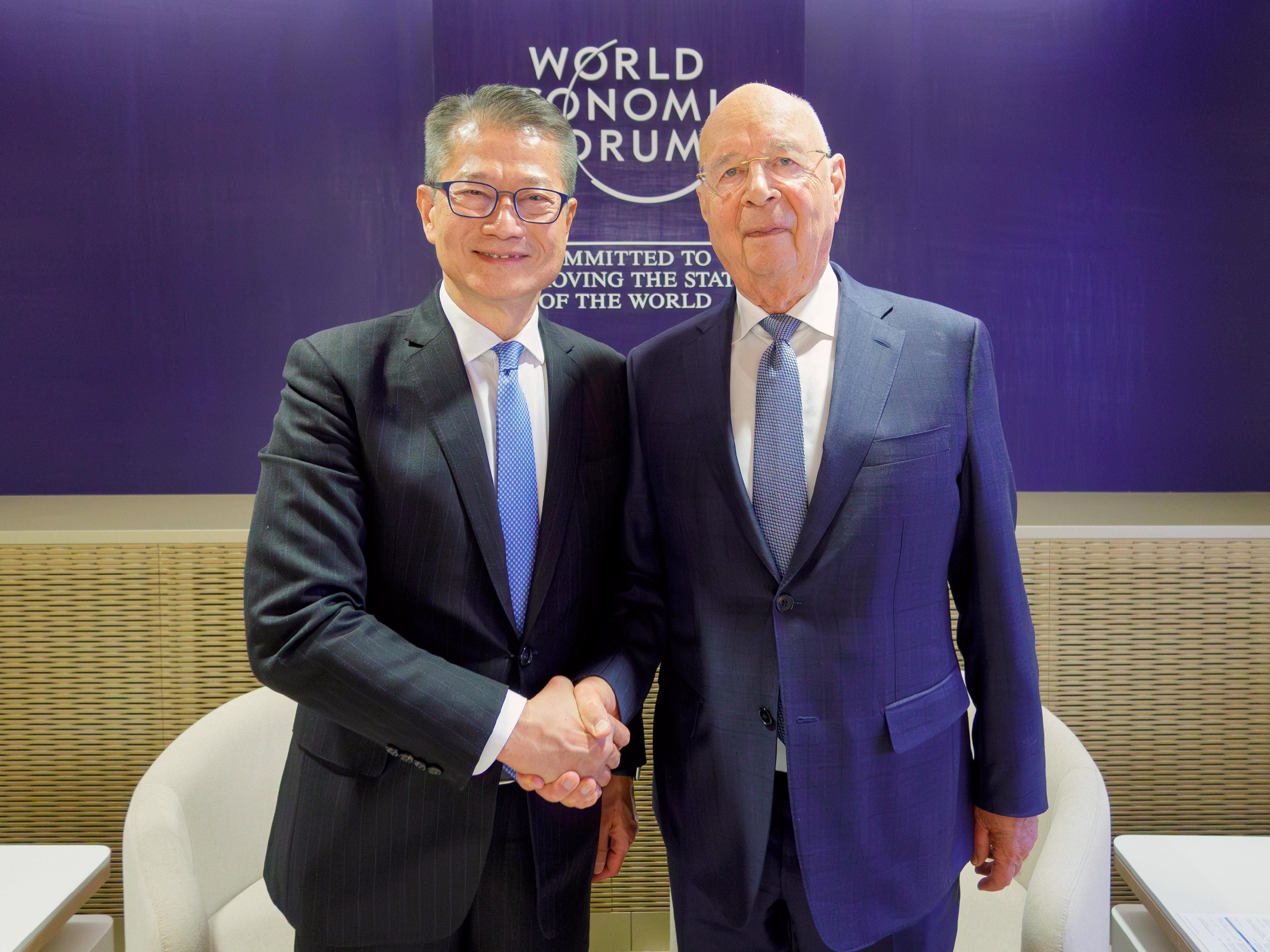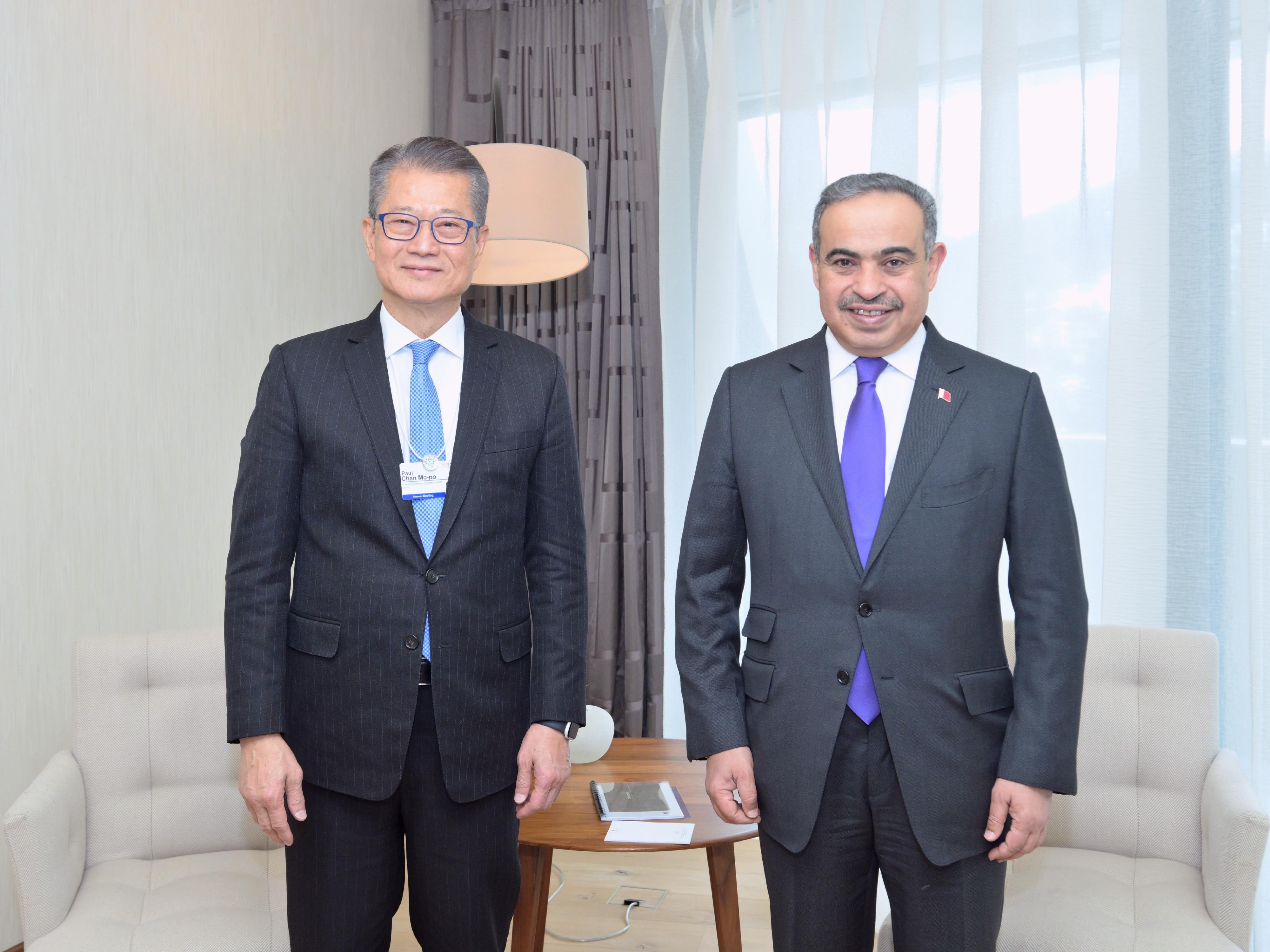
Experts in finance and green development believe that Hong Kong can play a bigger role in international green finance cooperation by improving its systems and diversifying related products.
It is thought that this could help the city tap into the great opportunities presented by the global sustainability financing gap.
The comments came after Financial Secretary Paul Chan Mo-po spoke at the ongoing World Economic Forum Annual Meeting in Davos, Switzerland, where he highlighted the Hong Kong Special Administrative Region’s role as a leading green finance hub in Asia.
Paul Chan said that Hong Kong is equipped with experienced financial institutions, services, professionals, and a thriving wealth management ecosystem, and has effectively connected funds with climate projects that require financial support. “The city looks forward to strengthening cooperation in this area with various economies,” he added.
Chan Chun-ying, a Hong Kong lawmaker representing the finance sector, said he agrees with Paul Chan’s earlier remarks — no city has yet established itself as a global leader that has a strong industry cluster in both green finance and financial technology, while Hong Kong has strengths in both these sectors.
Pascal Siu, head of green and sustainability at the Our Hong Kong Foundation think tank, sees the establishment of top-level systems as an advantage of Hong Kong’s green finance. For instance, starting from Jan 1, the Hong Kong Exchanges and Clearing Limited, one of the world’s major bourses, has required issuers to make climate-related disclosures in phases, in a bid to promote sustainability.

Moreover, last May the Hong Kong Monetary Authority launched the Hong Kong Taxonomy for Sustainable Finance, serving as a tool to raise awareness about green finance, promote common understanding on green activities, and speed up green finance flows.
“There’s no globally recognized taxonomy due to the varying economic structures and policies for addressing climate change in different regions,” Chan Chun-ying said.
He suggested that the SAR government could use the monetary authority’s taxonomy to strengthen cooperation between the nine Chinese mainland cities in the Guangdong-Hong Kong-Macao Greater Bay Area and Hong Kong’s financial institutions, and encourage Greater Bay Area cities to issue green bonds in Hong Kong.
Beyond green finance, Siu noted that there are many different concepts in the field of sustainable finance, such as blue and transition finance. The former mainly focuses on projects that benefit the ocean, such as blue bonds and loans for water-related initiatives, while the latter supports projects that are not green yet but are on their way to becoming sustainable, such as upgrading old infrastructure to cut emissions.

Siu said Hong Kong should also explore opportunities in blue and transition finance by offering diversified products and services.
Chan Chun-ying agrees. He said “the government could issue sustainable development bonds for infrastructure projects in the Asia-Pacific region that meet standards, helping to drive the transition to a greener economy”.
Hong Kong is the largest hub for green and sustainable bond issuance in Asia, representing 37 percent of the region’s total in 2023. Last July, the Hong Kong government issued its first 20- and 30-year renminbi green bonds, providing new options for global investors. The city is actively exploring green fintech. Last year, it issued HK$6 billion ($770 million) in digital green bonds, following the launch of the world’s first government-issued tokenized green bond in February 2023.
In addition to promoting Hong Kong’s development in green finance, Paul Chan participated in the WEF Informal Gatherings on Wednesday. He joined over 70 political and business leaders to discuss how to prevent an emerging global trend of non-cooperation.


Paul Chan also met WEF Founder and Executive Chairman Klaus Schwab, expressing willingness to strengthen collaboration in areas such as green transition, financial services development, and urban management. He later discussed ways to enhance trade, financial services, and infrastructure cooperation with finance officials from Qatar and Switzerland.
On Tuesday, Paul Chan met Daren Tang, director-general of the World Intellectual Property Organization, to explain Hong Kong’s efforts to establish itself as an international innovation and technology center, as well as a regional hub for intellectual property trade. He had a meeting with Thani bin Ahmed Al Zeyoudi, the United Arab Emirates’ Minister of State for Foreign Trade.
Paul Chan also engaged with corporate executives to promote Hong Kong’s development in the crypto and insurance sectors.


